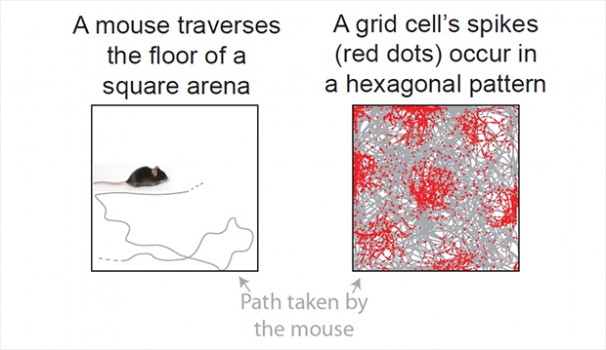
Just as a global positioning system (GPS) helps find your location, the brain has an internal system for helping determine the body’s location as it moves through its surroundings. A new study from researchers at Princeton University provides evidence for how the brain performs this feat. The study, published in the journal Nature, indicates that.. read more →
Children with dyslexia may read better after playing action video games that stress mayhem, not literacy, a contested study suggests. Playing fast-paced Wii video games for 12 hours over two weeks markedly increased the reading speed of 7- to 13-year-old kids with dyslexia, with no loss of reading accuracy, says a team led by psychologist.. read more →
The results of these projects suggest the future potential for linking multiple brains to form what the research team is calling an “organic computer,” which could allow sharing of motor and sensory information among groups of animals. The study was published Feb. 28, 2013, in the journal Scientific Reports. “Our previous studies with brain-machine interfaces.. read more →
Aug. 15, 2011 — Ultra-thin electronics, which can be placed on the skin as easily as a temporary tattoo, could pave the way for patient monitoring systems that would avoid the need for bulky equipment. In one study, the adhesive patch was applied to a person’s chest to pick up electrical signals produced by the.. read more →
Signs of depression can be turned on and off in mice with the flip of a switch. Activating or silencing the behavior of certain brain cells with laser light causes the animals to change their depressive behavior, two new studies find. Although the experiments were done in rodents, the results have direct relevance to human.. read more →
A woman who is paralysed from the neck down has stunned doctors with her extraordinary skill at using a robotic arm that is controlled by her thoughts alone. The 52-year-old patient, called Jan, lost the use of her limbs more than 10 years ago to a degenerative disease that damaged her spinal cord. The disruption.. read more →
A team of University of Minnesota biomedical engineers and researchers from Mayo Clinic published a groundbreaking study today that outlines how a new type of non-invasive brain scan taken immediately after a seizure gives additional insight into possible causes and treatments for epilepsy patients. The new findings could specifically benefit millions of people who are.. read more →
There have been remarkable advances in understanding the brain, but how do you actually study the neurons inside it? Using gorgeous imagery, neuroscientist and TED Fellow Carl Schoonover shows the tools that let us see inside our brains. Source: TED read more →
